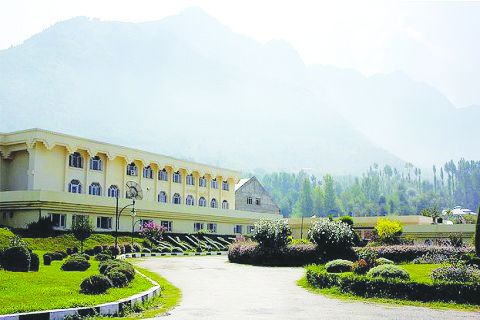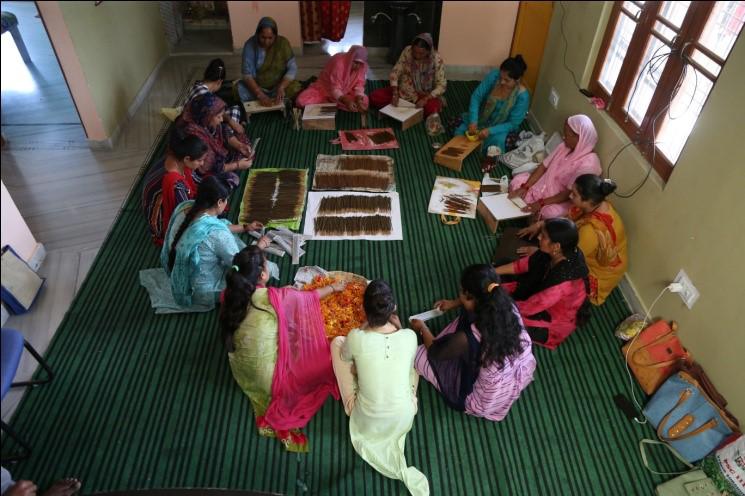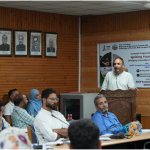Srinagar, Oct 06: In view of lumpy skin disease among cattle in Kashmir, the Directorate of Extension S.K. University of Agricultural Sciences and Technology of Kashmir, Shalimar has issued advisory against disease and appealed people to remain cautious.
In the precautionary measures on livestock production management, issued people were advised to void intermixing of herds and restrict entry in farms/sheds.
“Maintain proper sanitary measures like cleaning and disinfection of animal sheds/premises. Quarantine newly purchased animals for 4 weeks,” the precautionary measures said.
It said that since the disease can spread through vector bites, insect breeding places like stagnant water, and manure pits need to be properly managed.
“Observe the animals for common symptoms of the disease like high fever, nodules on the skin, mucous membranes, anorexia/off feed, emaciation, drop in milk yield, enlarged lymph nodes, oedema of the skin, salivation, ocular and nasal discharge, conjunctivitis,” it said.
SKUAST advised people that if any or all of the above symptoms are noticed, immediately isolate the animal as the disease may spread to other animals through vector bites like mosquitoes, flies, ticks besides contact with infected material like nodules, saliva, blood, ocular/nasal discharge and call for veterinary assistance for vaccination and treatment.
SKUAST has also suggested on livestock production management including sheep/goat and cattle.
“For sheep/goat rams with any visible defects like undescended testicles or limb defects should not be put to breeding. Both very lean and fat ewes are undesirable for breeding. Similarly ewes with defects like untreatable udder/teat abnormalities or limb defects that may hamper mounting may not be fit for breeding,” it said.
The precautionary measures advised people not to use the same breeding males that have been used in the same flock during two previous breeding seasons.
“Since breeding season is in progress, breeding males need to be marked in their brisket region so as to keep track of females which have been mounted,” it said.
The SKUAST has suggested people to perform routine cleaning/disinfection of animal sheds and ensure the supply of clean drinking water while concentrate supplementation may be needed in the absence of proper grazing facilities.
Regarding cattle, it said that grazing should be avoided in orchards that have fallen apples to avoid choking and ensure cleanliness in and around animal sheds to ward off flies.
“Ensure washing of the udder of milch animals with a mild disinfectant solution (e.g Potassium permanganate) before and after milking to prevent mastitis. Ensure 6-8 hours of daily grazing to animals if community pastures are available. In the absence of such facilities, green fodder and concentrate should be fed as per the body weight and stage of production,” the precautions said.
People have been advised to ensure colostrum feeding to newly born calves and in the event of unavailability of colostrum, fostering should be done.
“Artificial colostrum may also be an option which can be prepared by mixing an egg, half litre of fresh warm water, half litre of whole milk, one teaspoonful of castor oil and similar amount of cord liver oil,” it added.
SKUAST-K issues advisory against lumpy skin disease

Leave a Comment
Leave a Comment







